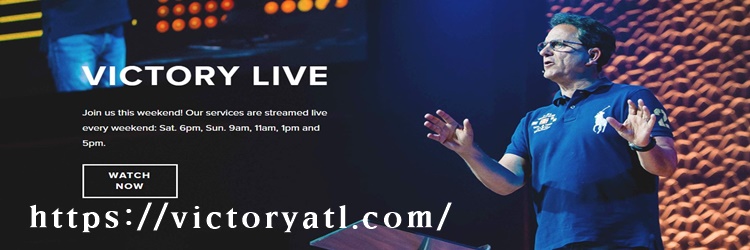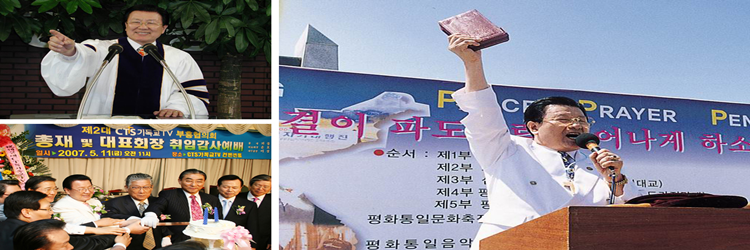Sacrifice
The word ‘sacrifice’ is used in various ways. As we celebrate the 100th anniversary of ANZAC day, the word will be frequently used inrelation to those who lost their lives in the Gallipoli campaign of WW1 and in other wars. We also use the word in relation to those who willingly risk their lives trying to rescue people or protect properties in bush fires, or dangerous rescue attempts on land or sea. We can also appropriately use the word of parents, especially migrant parents in a new country who have to cope with language difficulties and a different culture for the sake of a better future for their children. From a Christian perspective, the sacrifice of Jesus was unique because of who he was and how he faced his death. There are differences between what Jesus did and other sacrifices.
We rightly remember those who lost their lives in WW1 and other wars. The tragedy of the Gallipoli campaign was that so many Allied and Turkish soldiers were killed and wounded. In 2012 I went to ANZAC Cove. I was impressed by a Turkish memorial there referring to Gallipoli’s graves. It says:
You are now lying in the soil of a friendly country, therefore rest in peace. There is no difference between the Johnnies and the Mehmets to us where they lie side by side here in this country of ours. You, the mothers, who sent their sons from far away countries, wipe away your tears, your sons are now lying in our bosom and are in peace after having lost their lives on this land they have become our sons as well.
Nevertheless, to die in war is very different to what Jesus did in laying down his life. He was not fighting to conquer an enemy while seeking to preserve his own life. He told his followers
We also rightly admire those who risk their lives for others in
Again such acts are different to what Jesus did. He knew his opponents were plotting against him. He prayed that there might be another way than death but accepted that to be true to his cause he had to drink the cup of suffering. He entered Jerusalem knowing full well he would not leave it alive. Escape or resistance were possibilities but he rejected them for the sake of remaining faithful to God’s mission. The only way to complete this mission was to die for it, for the sake of others.
Parents may sacrifice much for their children and many would be willing to give their lives for the well-being of their children. This is worthy of respect. They do so wanting their family to live on through their children. Jesus’ went to the cross with no guarantee that his disciples would in fact be able to continue his movement. One had betrayed him, another denied him and the others fled. At one point he even felt abandoned by God. He had to trust God for the future despite it seeming to be without hope.
Jesus’ death was unique. He died once and for all, for us. He willingly gave up his life that we might be forgiven of our sins and be reconciled with God. God wants us to be reconciled with him and demonstrated the extent of his love in Jesus’ cross. As God’s own Son, Jesus took upon himself the judgment that rightly belonged to humanity and showed God to be characterised by love, costly love, above all other qualities. Jesus took on himself the sin and guilt of others and forgave them for their complicity in his death. He opened the way for new unforseen possibilities.
Jesus was victorious over the forces of sin and death not by using the same tactics but by refusing to sinfully assert himself. Before those who accused him, he was quietly dignified. He showed
God raised Jesus from the dead vindicating all he stood for and showing that God is stronger than the forces of evil. In doing so God confirmed Jesus as his Son and by the resurrection provided hope against hope because nothing is impossible with God. Not even death can defeat God’s purposes coming to fulfilment in the future.
Jesus called his disciples to follow his way even if it means taking up our cross to follow him. His way is the way of costly love and non-violence seeking reconciliation and peace. Paul says we are to be living sacrifices, holy and acceptable to God. This involves not being conformed to this world with its hatreds, divisions and evil but being transformed by the renewing of our minds so that we can discern the will of God. We are to seek what is good and acceptable and perfect in God’s sight. We are to continue the ministry and mission of Jesus and live his self-giving way for the sake of others no matter who they are. For God’s kingdom is a multicultural reign in which love, justice and peace will prevail. It is a cause for which we can sacrifice our lives. We are to do so following the way and means of Jesus and with the assistance of the Holy Spirit.
Chris Walker
(National Consultant Christian Unity, Doctrine & Worship)











 [GBC 행복한동행] 하나..." style="width:100px;height:75px;" />
[GBC 행복한동행] 하나..." style="width:100px;height:75px;" />
 파키스탄 변방 교회에..." style="width:100px;height:75px;" />
파키스탄 변방 교회에..." style="width:100px;height:75px;" />
 [미션리포트] 세계에서..." style="width:100px;height:75px;" />
[미션리포트] 세계에서..." style="width:100px;height:75px;" />
 LAPD 채플린, 산불로 ..." style="width:100px;height:75px;" />
LAPD 채플린, 산불로 ..." style="width:100px;height:75px;" />
 계속되는 정치 갈등, ..." style="width:100px;height:75px;" />
계속되는 정치 갈등, ..." style="width:100px;height:75px;" />
 도널드 트럼프 미국 대..." style="width:100px;height:75px;" />
도널드 트럼프 미국 대..." style="width:100px;height:75px;" />
 목사들의 99% "교..." style="width:100px;height:75px;" />
목사들의 99% "교..." style="width:100px;height:75px;" />
 서울대학교 찬양선교단..." style="width:100px;height:75px;" />
서울대학교 찬양선교단..." style="width:100px;height:75px;" />
 지저스영어 완전기초영..." style="width:100px;height:75px;" />
지저스영어 완전기초영..." style="width:100px;height:75px;" />
 피종진 목사 4/13/2025..." style="width:100px;height:75px;" />
피종진 목사 4/13/2025..." style="width:100px;height:75px;" />
 [은혜한인교회 주일예..." style="width:100px;height:75px;" />
[은혜한인교회 주일예..." style="width:100px;height:75px;" />
 피종진 목사 4/8/2025 ..." style="width:100px;height:75px;" />
피종진 목사 4/8/2025 ..." style="width:100px;height:75px;" />
 [은혜한인교회 주일예..." style="width:100px;height:75px;" />
[은혜한인교회 주일예..." style="width:100px;height:75px;" />
 [은혜한인교회 주일예..." style="width:100px;height:75px;" />
[은혜한인교회 주일예..." style="width:100px;height:75px;" />
 피종진 목사 3/25/2025..." style="width:100px;height:75px;" />
피종진 목사 3/25/2025..." style="width:100px;height:75px;" />
 [은혜한인교회 주일예..." style="width:100px;height:75px;" />
[은혜한인교회 주일예..." style="width:100px;height:75px;" />
 피종진 목사 3/19/2025..." style="width:100px;height:75px;" />
피종진 목사 3/19/2025..." style="width:100px;height:75px;" />
 한기홍 목사 [은혜한..." style="width:100px;height:75px;" />
한기홍 목사 [은혜한..." style="width:100px;height:75px;" />

![with Rev Dr Chris Walker – Sacrifice with Rev Dr Chris Walker Sacrifice The word […]](http://www.chedulife.com.au/wp-content/uploads/Sacrifice.png)




































